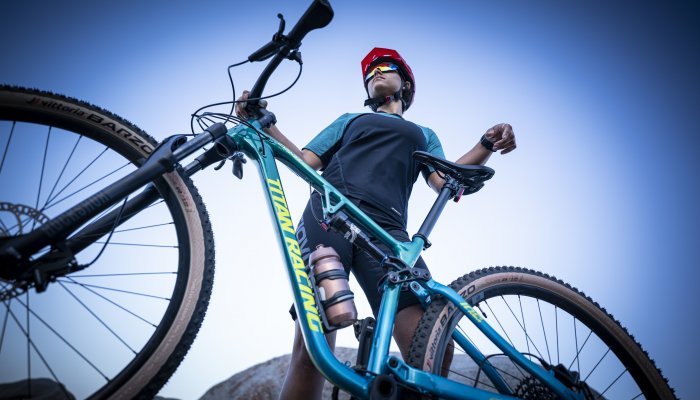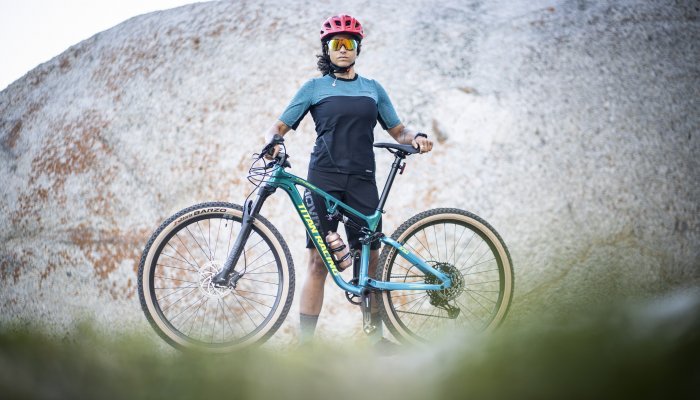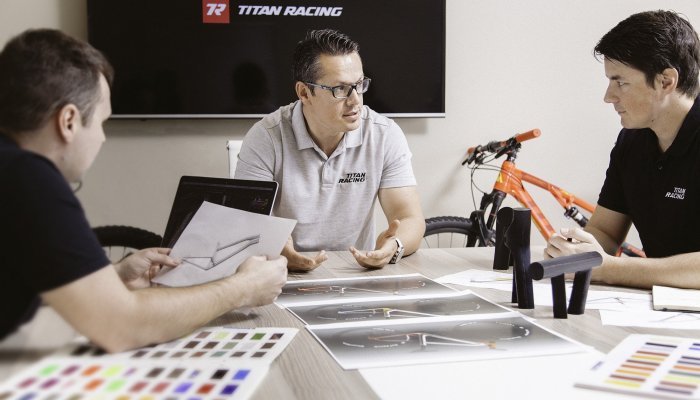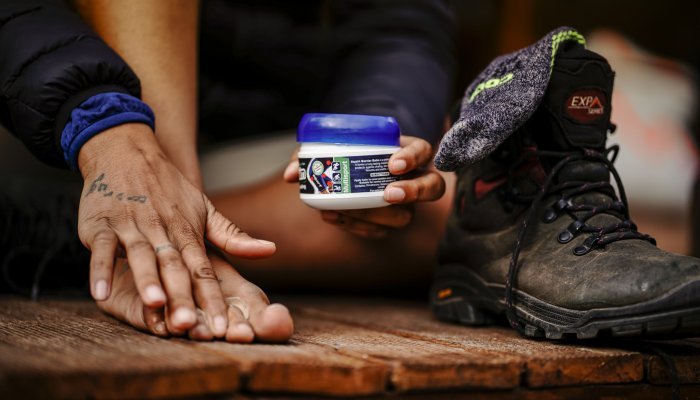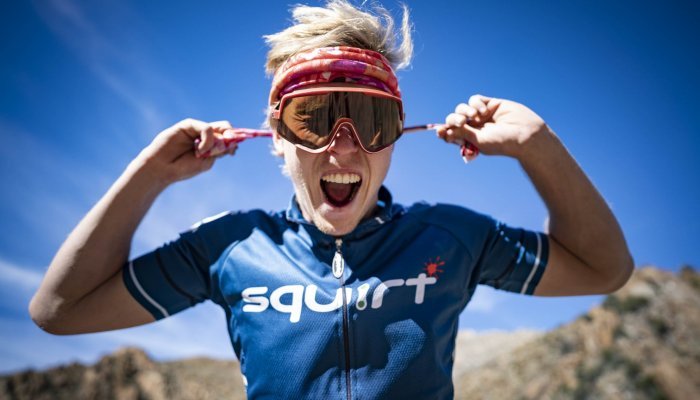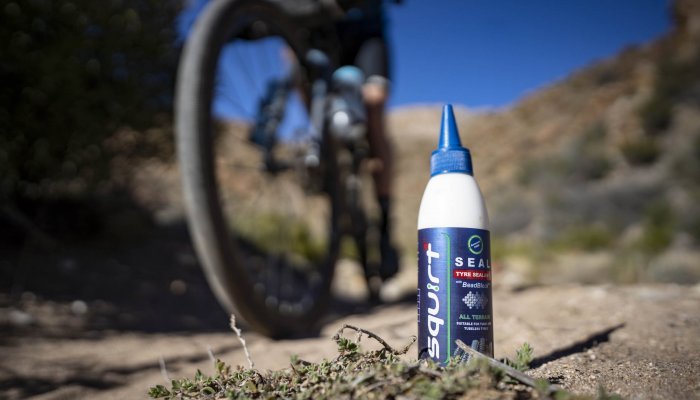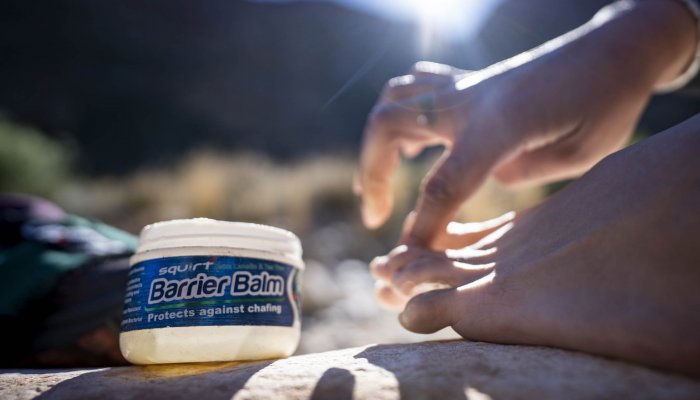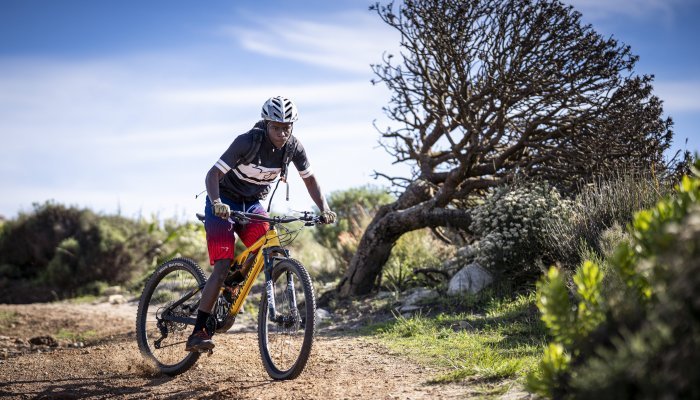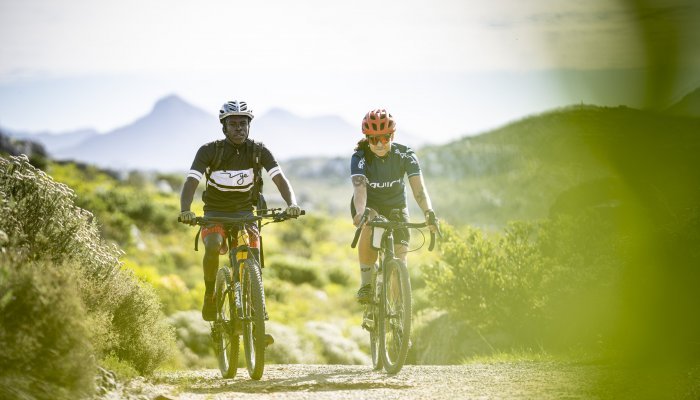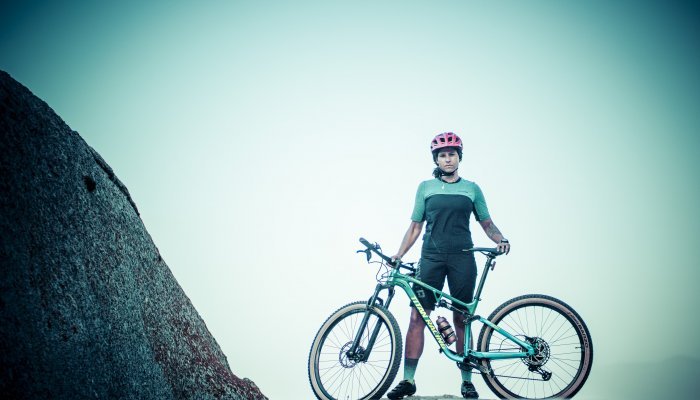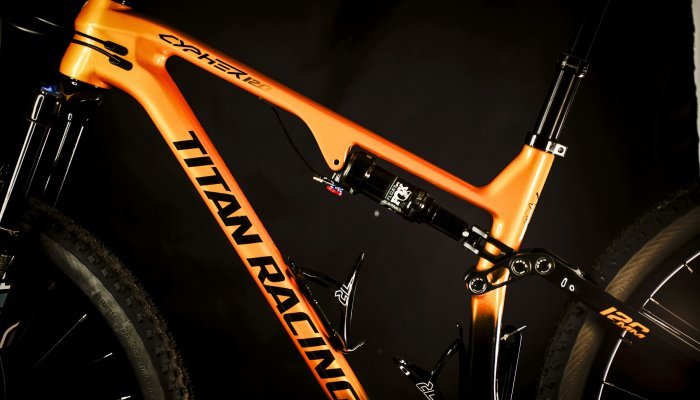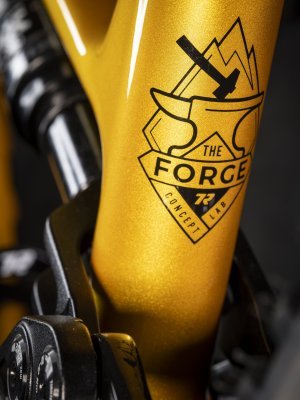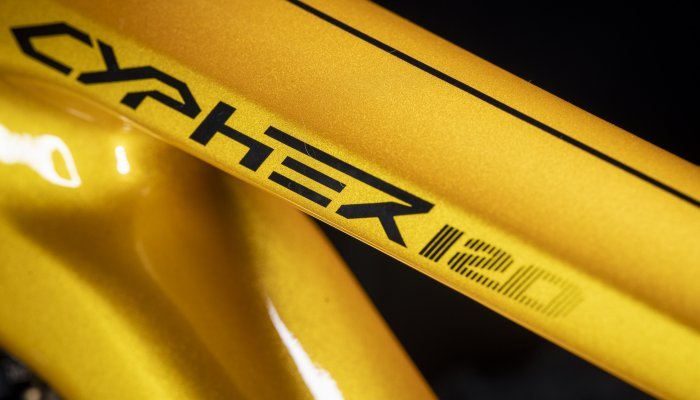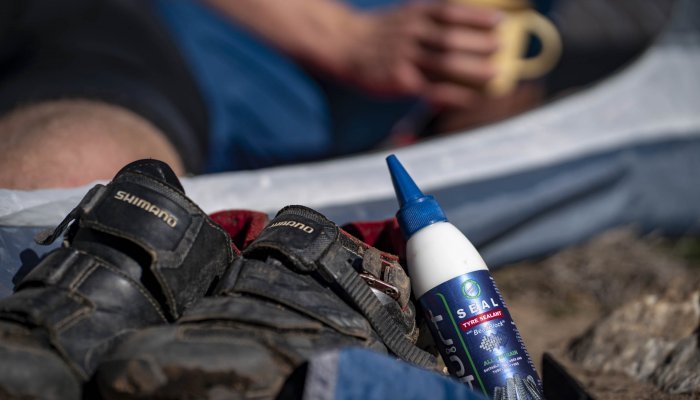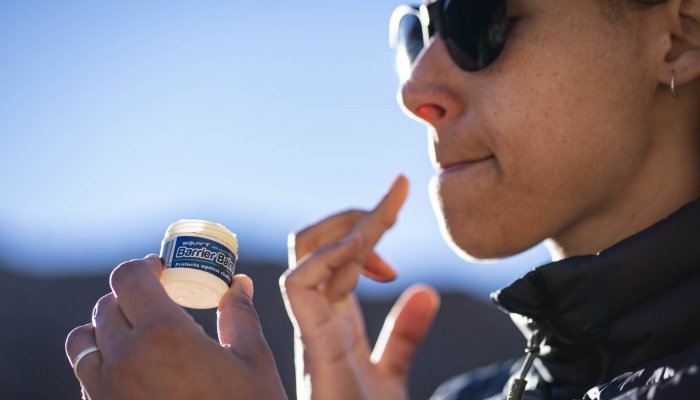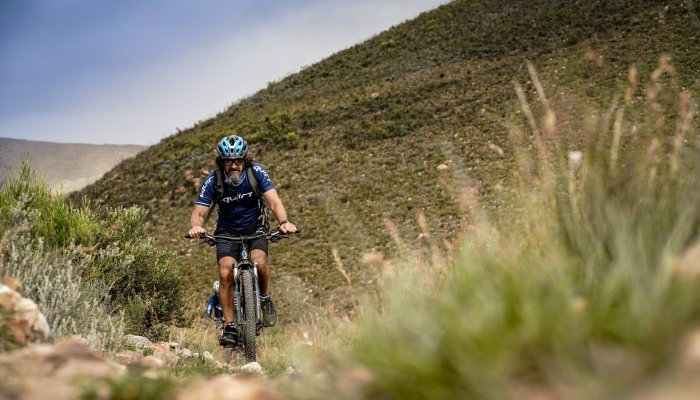I’ll bet you fifty bucks you missed World Bicycle Day (again!) this year? Don’t worry, though, most people do, even those who love their bikes dearly. (For future reference, it’s every year on 3 June, so now you have no excuse come 2024 ...)
It is a day that celebrates everything that is good about the “velo life”, recognising the bicycle as one of the world’s most sustainable and effective modes of travel. In addition, riding a bike contributes to your emotional and physical wellbeing as a dynamic form of exercise, delivering feel-good endorphins every time you saddle up.
Many first-world countries – especially in Europe – have embraced the benefits of cycling and spend billions of euros annually on bike lanes, safe cycling initiatives and car-free city centres. This is not only because bicycles make for simple, affordable and “green” transportation, but also because of the major concurrent savings on public healthcare.
Cycling – both as a sport or in the form of a regular commute – encourages a healthy lifestyle by lowering blood pressure and stress levels, improving joint mobility, and reducing the risks of cardiovascular disease. And there are numerous other benefits linked to the humble bicycle…
Learners can get to school three times faster – and from further away – reducing absenteeism and improving academic performance. Rural and other vulnerable communities – specifically in areas struggling with poverty, crime or unemployment – will benefit from the discipline, focus and other positive spin-offs linked to cycling clubs and youth sporting programmes.
In short, riding a bike rates as a fun, eco-friendly mode of transport. Bicycles have virtually no carbon footprint, eliminate air, noise, and water pollution, and emit zero greenhouse gases. One must agree with the two-wheel tribe when they say: “Ride a bicycle. Save the planet."
Sport versus utility
Let us consider another glib cliché: “Cycling is the new golf.” Many pundits these days use this term to describe sports such as road cycling and mountain biking, and they are not far off the mark.
Hitting a small white ball with a club still rates up there as one of the world’s most expensive leisure pursuits, but these days, buying a top-end bike will put a massive dent in your wallet. Pricing has escalated dramatically over the past decade, partly due to revolutionary advances in technology and material.
Weight has been a major driving force, with the alloys of the 20th century replaced by carbon fibre and a range of materials revolutionised by the aerospace industry. This means bicycles are now lighter than ever imagined, with on-board electronics and nanometre precision as a norm in the machining of gears and key componentry.
Concurrent increases in performance and comfort benefit the consumer, but so-called miracle materials come at a cost. Take the Pinarello Dogma F Carbon road bike as an example: at an astounding R289 999 (the recommended retail price at time of going to press), this is presently the most expensive bike you can buy in SA.
This price tag converts to (nearly) two brand new Suzuki S-Presso vehicles, each retailing at around R162 000. The equation does not quite make sense when you look at what it takes to manufacture a complex internal combustion vehicle versus a pedal-powered velocipede, and even more so when you consider the economically polarised society that South Africa is.
Despite these economic anomalies, a resurgent band of South African cycling brands have bucked the trend to make global inroads over the past decade or two. A weakening rand may well impact negatively on research and development and overseas distribution, but a bullish exchange rate equates to a worthwhile increase in export profits.
Globally, 2023 revenue in the bicycle segment is projected to reach $60.67 billion (according to www.statista.com), making it a lucrative industry if you’re able to effectively position your brand. Although manufacturing giants like China will corner the lions’ share of this revenue, local innovators can benefit hugely from partnering with them.
Two case studies show how South African brands managed to hit the sweet spot.
CASE STUDY 1: Titan Racing
Brand: Titan Racing
Strategy: Innovative design, plus a quality build and value for money: this is what #TRB calls its "smart choice".
USP: The #TRB design team creates frames with forward-thinking geometry, functional designs and stylish looks. They pair this with clever componentry choices to offer "best in category" bikes for their customers.
Contact: www.titanracingbikes.com
“We believe the future for the cycling industry is bright, both in SA and abroad,” says Robbie Luis, managing director at Titan Racing. “As a brand with strong South African roots, we’ve started opening up more and more new markets globally, and will continue to explore these new partnerships, as our future growth depends on global expansion”.
Luis believes that Titan Racing is seen as a market leader in a range of categories in terms of sales and market share in southern Africa. “We will continue to produce great bikes that are well priced and – most importantly – exhilarating to ride.”
“Covid was a turning point for many bicycling brands, and there is no simple answer to how it will play out,” explains Luis. “The cycling industry was globally affected by the lockdown, and as a brand we had to cope with this ‘reset’ and the knock-on effects thereof.”
“Stock stagnated; factories closed; demand suddenly peaked; lead times escalated; and then the supply chain went down the tubes. So many opportunities were lost and now – two years later – the supply bottleneck has been cleared, but the immediate demand has dropped off the charts,” says Luis.
Many bicycle industry pundits have described this as "the year of survival". Stock levels are still too high, so the industry can expect to suffer well into 2024 before the situation normalises. These waves of effects that Covid created has made for lucrative short-term sales, but with broader medium-term stress and difficult years ahead for the industry as a whole.
“It has certainly not been business as usual,” continues Luis, “but we’re excited about gravel biking, specifically. In SA, there is also a sharp uptake in e-bikes, but we are pushing hard to increase our market share in traditional categories like XC, Marathon and Stage Racing, where our top-end Cypher models have proved very popular.”
Titan Racing as a brand does not subscribe to premium pricing per se. “The reality is that there is no perfect formula, so we would rather continue to produce quality products, provide great service and offer consistent value for money,” says Luis. “In the end, it comes back to making our bikes a value proposition and the ‘smart choice’ for consumers”.
CASE STUDY 2: Squirt Cycling Products
Brand: Squirt Cycling Products
Strategy: Scientifically based research and product development combined with impeccable customer service and a broad-based global sponsorship strategy.
USP: Ecological and sustainable product line, proven in real-world terms at top sporting events and races around the world.
Contact: www.squirtcyclingproducts.com
“There’s no magic ingredient to success,” says Danie van Wyk, an original founding member who helped to position Squirt Cycling Products on the global map. “We’re all just passionate cyclists, but when we decided to formulate our #SCP product range in 2003, we knew we had to play the long game and deliver on quality and consistency.”
In just over two decades, Squirt's innovative chain lubricant has made inroads in more than 30 countries world-wide, with its product range continuing to expand every year. Tire sealant, barrier balm, bike wash detergent, and moisture-wicking headgear items have since been added to the product catalogue, all while staying true to its environmental focus.
“It has been two interesting years for #SCP post-Covid, as people firstly had more time on their hands to exercise during lockdown, and secondly, the prohibition on travel redirected their travelling expenses to exercising and sport in general,” explains Van Wyk.
Events have always been one of the mainstays for promoting its product, but there has been a significant drop in entries as people realised they didn’t have to race to have fun. Instead, the outdoor crowd now often go for a ride or run with friends, enjoying the free-ranging aspect of bicycling rather than the competitive part.
Van Wyk predicts this tendency towards spending money on self-organised cycling excursions will continue, and that #SCP will target this aspect in future marketing campaigns. “Our range of bike care products – although rated as a premium line by consumers – remain an affordable purchase, and this is especially true if you take our ecological integrity into consideration.”
SCP products have always been recognised as an environmentally conscious, premium brand, but its pricing strategy enables it to retail its lines at a fairly competitive price. “Our market has evolved considerably over the past two years, mainly linked to updated tech, new ingredients and a stricter global environmental framework setting the pace,” says Van Wyk.
“We are totally committed to growing our #SCP brand internationally, as SA sales currently make up a mere 8% of our total turnover,” he continues. This is exactly why the company has invested so heavily in a new, world-class R&D facility, all while testing its product lines for thousands of hours in the field.
“Our bicycle chain lubricant is one of our main income earners and here we cross-pollinate our R&D with tertiary academic institutions to generate and fine-tune theoretical models for chain wear mechanisms,” Van Wyk explains. “The goal is to maximise ultra-high-performance (this means longer rides per application) combined with ultra-efficiency (where the energy amount used is decreased relative to distance travelled).
The Squirt Cycling Products marketing model aligns to its unshakeable environmental ethic and this ethos and modus operandi could work wonders for other young bicycling start-ups in South Africa. “Start with quality rather than quantity and market wisely," says Van Wyk.
#SCP tips to keep you grounded:
- Stick with your day job for as long as possible.
- Work on your business on weekends and after hours, every day.
- Travel and cycle the globe, building personal relationships with distributors, riders, friends and leaders of the industry.
- Go out and show yourself: attend expos and races, demonstrate your product and educate the public.
- Let technology work for you; surround yourself with trusted experts and professional advisers who tell the truth.
- Be honest and streetwise; never forget your local club, riders and mechanics, your hometown, your province and your “Motherland”.
- Always remember the fans and friends who supported you when you were starting up.
- Walk tall, but stay grounded.


